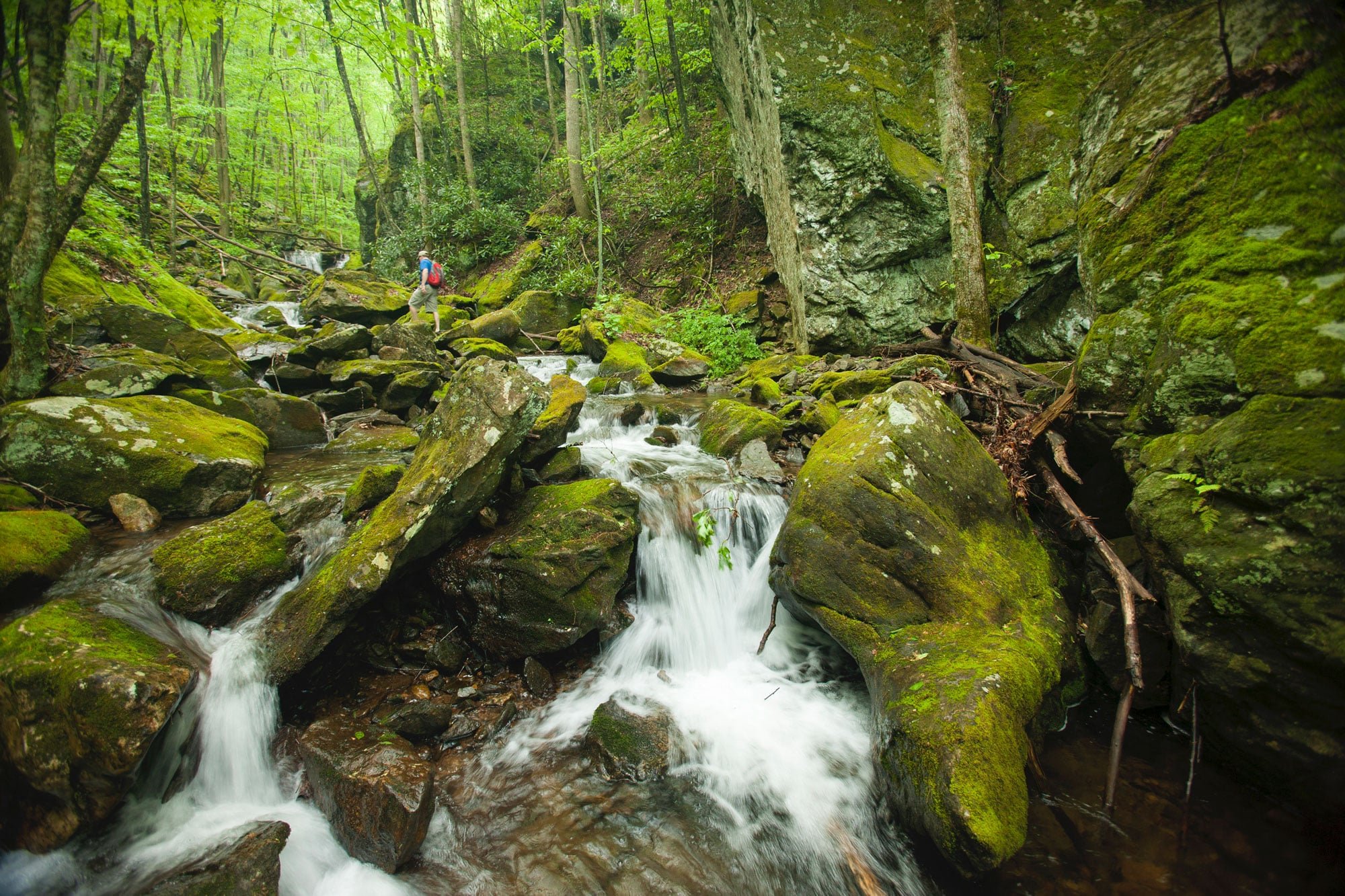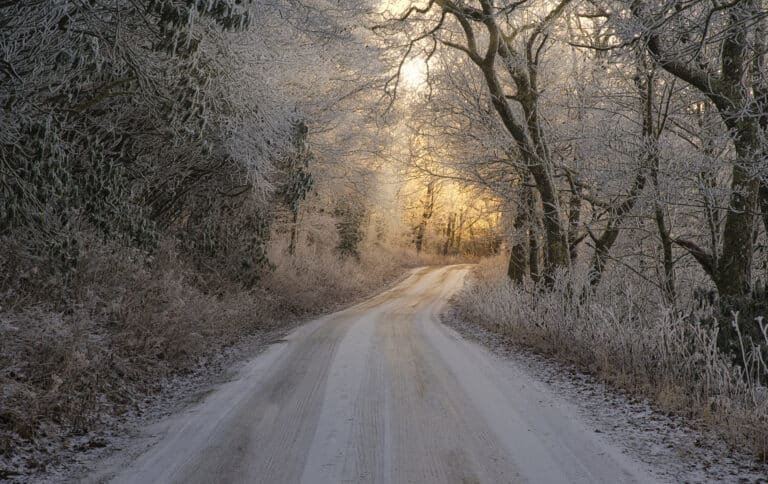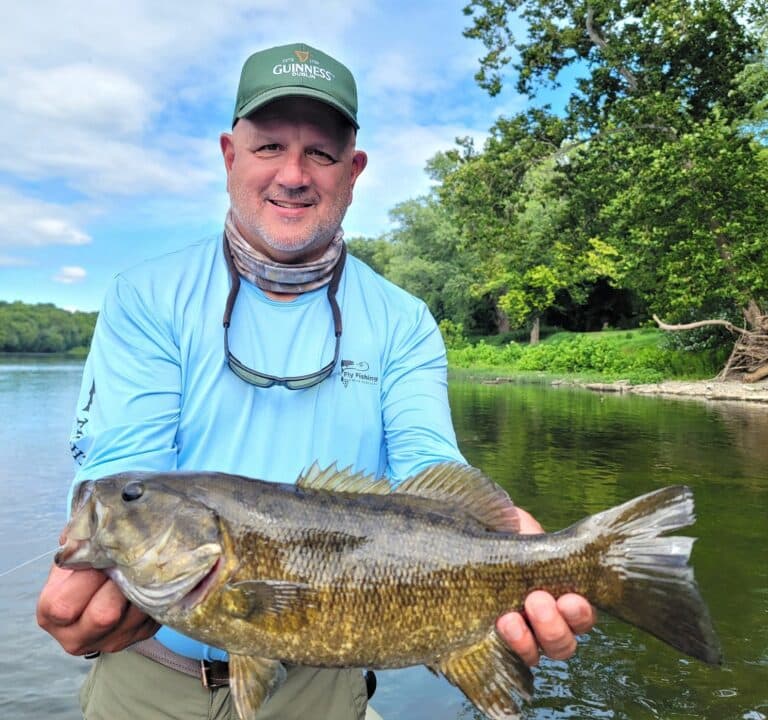Your public lands are under assault. If you don’t fight for them now, you will lose them forever.
The United States has not declared war in 83 years. The last time we formally declared war was against Hitler in World War II.
That doesn’t seem consistent with the many wars we’ve been involved in since then: Korea, Vietnam, Iraq, Afghanistan. Wars have become more stealthy and secretive. There are no longer formal declarations of war; instead, we launch pre-emptive strikes and fight proxy battles that often elude public attention.
So you may not have noticed that in 2025, an all-out war on American public lands has been quietly launched. The Trump administration, in collaboration with fossil fuel companies and other extractive industries, has issued orders to sell and exploit public lands—lands that belong to you and everyone reading this. These lands are your lands, not theirs. Fight for them.
Your 640 Million Acres
Did you know that you own millions of acres of mountain property? You are co-owner of America’s 640-million-acre public estate, which includes more than 15 million acres of Appalachian mountains, trails, trout streams, and waterfalls right here in our Blue Ridge backyard.
Your public lands include national parks like Shenandoah and Great Smoky Mountains; and national wildlife refuges like Canaan Valley and the Okefenokee Swamp; and national forests like Pisgah, the Mon, and the GW-Jeff.
Southeastern national forests are so wild, lush, and biologically diverse that they have been called America’s Amazon. These national treasures are shared landscapes open to all, and your taxes pay for them to be managed for the benefit of everyone.
However, your public lands are under assault. Under the Trump administration’s new rules, most of your public lands would be industrially plundered by private entities or sold off completely.
Nearly all of our hiking and biking trails are on public lands. Nearly all of our favorite waterfalls and trout streams are on public lands. Nearly all of our old-growth forests and rare species are on our public lands. Recreation and conservation provide $1 trillion in annual revenue and 5 million jobs—significantly more than logging, mining, and drilling combined.
These numbers don’t even include the health and ecosystem benefits that the forest provides. Most of our drinking water comes from public lands. Public lands clean our air for free. Public lands also protect scenic views, enrich farmers’ soil, and store more carbon than any other terrestrial source. Public lands improve our health and our lives.
Keep Public Lands in Public Hands
Public lands are one of the greatest American legacies. These lands bring us together. Some may hunt and fish; others may bike and hike. But all of us love and cherish our public lands. In an increasingly polarized and divided America, public lands are common ground.
But right now, public lands are besieged by an all-out war to privatize them. The current administration wants to sell your public lands to corporate interests. Never in the history of our country have public lands faced such a foundational threat to their existence.
What about the need for energy and resources? Most of this country—72 percent—is privately owned. We already get most of our oil, gas, and timber from private lands, and we are a global leader in production.
We don’t need to log, drill, or mine on public lands. And we certainly don’t need to sell them. Our public lands are far more valuable for their recreation, scenery, and clean water than for private exploitation.
If you don’t act for public lands now, you will lose them forever. Here are ways you can fight back.
Join a Public Lands Rally
Public lands rallies are popping up across the Southeast. Three rallies in Pisgah National Forest have drawn hundreds in support of stronger protections for the forest and its employees.
Other public lands events organized in Asheville and Knoxville by the National Parks Conservation Association, the Wilderness Society, and other conservation groups highlight dozens of ways you can actively get involved to protect public lands—including joining river cleanup crews, participating in wildlife surveys, and meeting with elected leaders.
Save Habitats for Endangered Species
A new rule would remove nearly all habitat protections for endangered species nationwide, including on all public lands. Endangered species rely especially on national forests, parks, and wildlife refuges for their survival.
The proposed rule would exempt habitat destruction from being considered “harm” under the Endangered Species Act. This would allow logging, mining, drilling, and other extractive industries to legally wipe out endangered species’ habitat.
Animals cannot survive without their habitat. This rule would drive countless species to extinction, including Appalachia’s beloved hellbenders. These mascots of the mountains are the largest salamanders on the continent, and they live primarily in Appalachian streams. Hellbenders breathe through their skin, which makes them especially sensitive to water pollution and sedimentation. Logging and drilling are lethal.
Don’t let hellbenders and thousands of other species disappear forever. Find out how to stop this proposed rule at biologicaldiversity.org.
Fight the Fix
The deceptively named Fix Our Forests Act would actually destroy them. This bill increases and accelerates logging projects on public lands, and it completely removes public input. Bulldozers could arrive at your favorite trailhead without any notice.
Under the guise of wildfire prevention, these massive increases in logging would make wildfires worse. It would also make floods and landslides more likely, and it would clog trout streams and swimming holes with more sediment and pollution.
Tell your Congressional leaders to oppose this destructive bill that cuts the public out of public lands.
Cover photo by Steven McBride








